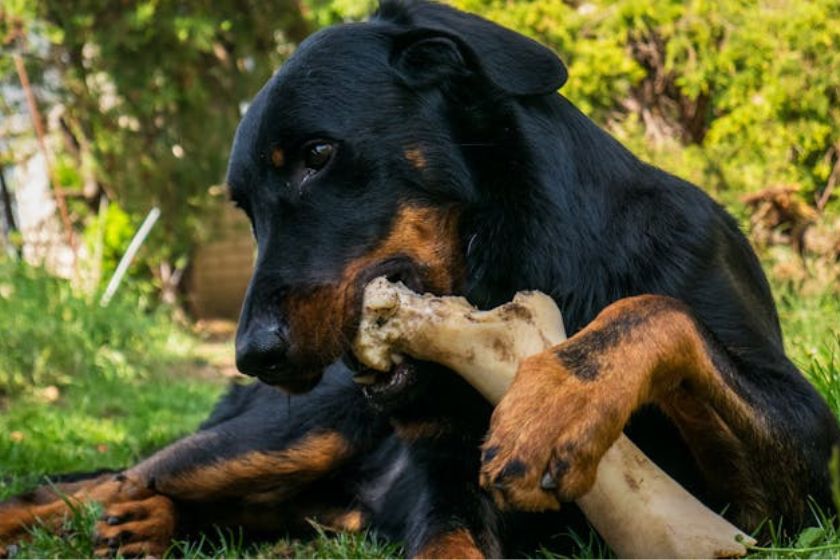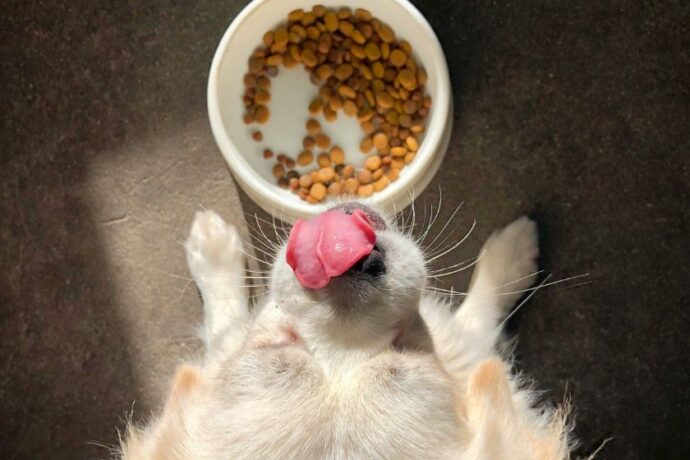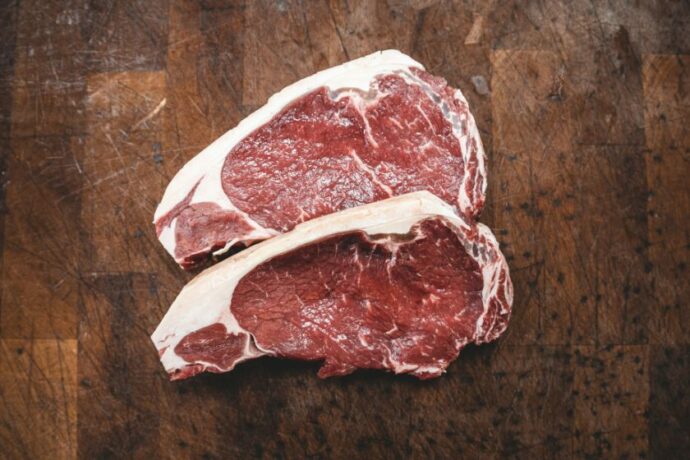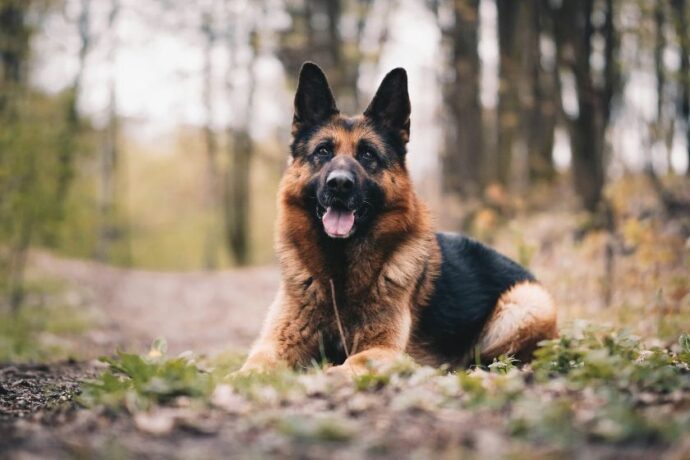
Most dog owners give their pets a bite of their own meal or snack from time to time, especially if their pet is being especially well-behaved. While some human foods are safe for dogs in moderation, some foods can be unhealthy or even hazardous to dogs. Depending on the food, even the tiniest amount could cause serious health effects.
As a conscientious pet owner, you want to ensure you know what foods could be dangerous or deadly to your furry friend. Here are six distinct categories of foods that are unsafe for dogs by varying degrees.
If your pet eats any amount of these foods, start by keeping a close watch on their behavior. It may become crucial to get them to an emergency vet as soon as possible.
1. Know Which Fruits, Vegetables, and Nuts Are Unsafe
Some fruits, veggies, and nuts are perfectly safe for your dog and even health-boosting in controlled amounts. However, that’s not true of all foods in these categories, so it’s important to know which ones to keep away from your dog. Here are some of the most toxic vegetables, nuts, and fruits for dogs:

- Avocado
- Peaches
- Persimmons
- Garlic
- Onions
- Grapes (and raisins)
- Macadamia nuts
- Pecans
- Plum pits
- Apricot pits
- Cherry pits
None of these items should be fed to your dog for any reason. Additionally, while plum, cherry, and apricot pits are the most toxic pits for dogs to consume, your pet shouldn’t be snacking on any fruit pits or seeds, as they can pose a choking hazard.
2. Stay Away From Coffee and Alcohol
Most dog owners aren’t intentionally feeding their dogs alcohol, but just in case you aren’t aware, alcohol is extremely toxic to dogs. Most pups won’t go for straight liquor, but they may be tempted by sweet drinks like egg nog or boozy hot cocoa.
The same goes for coffee. Dogs are most likely to be tempted by the smell and taste of sweet coffee drinks, but caffeine can cause serious health risks to your pup. Keep all of these beverages far away from your dog’s reach.
3. Chocolate and Artificial Sweeteners Are a No-Go
Sugar may not be particularly healthy for dogs (much like sugar for humans), but it usually isn’t considered an immediate risk if a dog consumes a small amount. This changes when the item is sweetened with an artificial sweetener like xylitol instead of natural sugar. Xylitol is toxic to dogs and can cause extreme allergic reactions.
Additionally, chocolate is a well-known toxin for dogs, but it’s always helpful to be reminded. Never feed your dog chocolate, especially if it’s sweetened with xylitol. Lastly, white chocolate is also toxic for dogs and should be avoided at all costs.
4. Not All Bones Are Safe for Chewing

Dogs love to chew on tasty bones, but choosing the right types of bones for your dog to snack on is crucial. Natural bones that come from chickens, turkeys, and other poultry are small and splinter easily. That means your pup could incur severe damage to its throat, stomach, or intestines.
Throw your chicken bones in the trash and give your dog appropriately sized bones as a treat. In order to be safe, ask your vet or an employee at your local pet store what specially prepared bone treat is right for your pup.
5. Certain Baking Items Are Unhealthy for Dogs
When you’re baking or preparing a recipe from scratch, you probably shouldn’t be feeding your pup scraps from your ingredients. A variety of food items used in baking or in their raw form are unsafe for dogs to eat.
Common baking ingredients like dairy products are generally considered to be bad for dogs. Raw eggs, in particular, are dangerous because they put your pup at risk of contracting salmonella poisoning.
Next time you’re making a pizza or bread at home, keep your pup far away from your yeast dough. When consumed in its raw state, it can expand inside your dog’s stomach and cause pain or even a stomach rupture. Additionally, yeast can ferment within raw dough along with sugar to create alcohol toxicity in your pup’s system when consumed.
6. Keep Your Medications Out of Reach
Your dog shouldn’t be eating any medication that wasn’t prescribed to them. Just like if you were to take a medication that you didn’t need, human medication for dogs can create severe side effects. Make sure your medications are stored well out of your pup’s reach.
Do Your Research Before Introducing a New Snack
The first thing you should do before feeding your pup a new human food is to do your research, whether that means looking online or calling your vet. Then, feed your pup very small amounts at a slow pace so you can monitor whether they’re allergic to the food or not.



